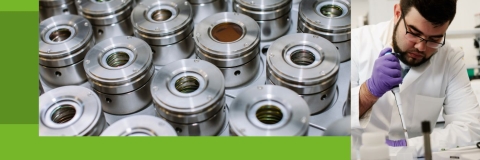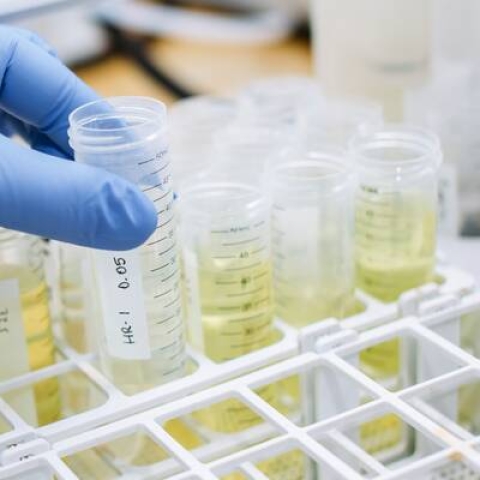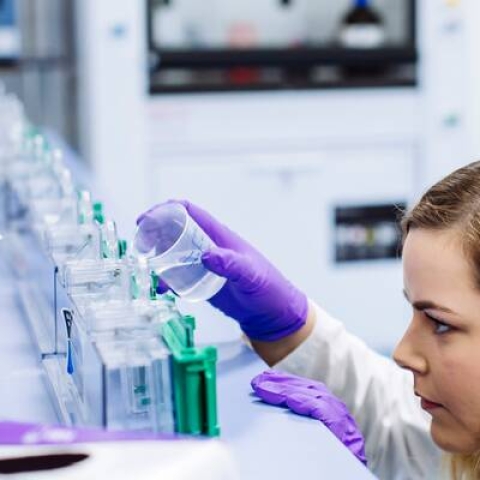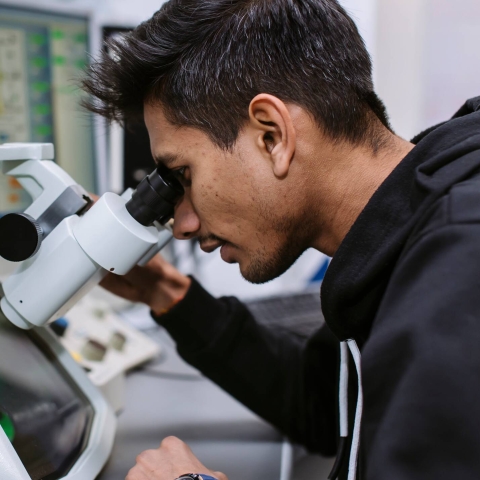
Gaining Experience
It goes without saying that any experience that you can gain that is relevant to your career goals is going to be of benefit to you. If you know you want to get into a laboratory based role, securing some work experience in this environment will be invaluable, to gain first hand knowledge and to show employers your commitment and interest in the field. Experience can be gained in a number of different settings, read below for various ways you could consider gaining some work experience in this sector.
Lab based work experience
Hospitals sometimes offer lab-based placements. Try approaching the principal clinical scientist in your local NHS trust hospital. You may have to go through the HR department.
You could also try to contact hospitals directly. Most hospitals will have an approved training laboratory, although this doesn't automatically mean that they will take on a trainee.
You could also seek experience with NHS Blood and Transplant or Public Health England, or in pathology and research laboratories in private sector hospitals.
You could try to find lab-based work experience through contacting your University department. Check with your tutor and/or contact your Faculty as t hey may be looking for laboratory work/support for Masters or PhD students during vacations or term time.
Opportunities in academia can be found at jobs.ac.uk.
Lab based opportunities often exist within schools and colleges; school opportunities are advertised on county council websites, such as Hampshire County Council or city council websites (for example Portsmouth City Council) Further education colleges also advertise lab opportunities online.
Lots of pharma companies take on placement students and interns every year. If you are interested in gaining experience with a major company in one of the world's largest and most profitable industries, then you should consider undertaking some laboratory work experience in a pharmaceutical organisation.
Below are some organisations that often offer summer placement or internship opportunities.. However, please check their websites regularly as the deadline for some of these roles can be very early (you may even have to apply as early as the Autumn term):
Some research institutes offer work experience opportunities to work in a laboratory such as this summer student programme and a 12-month sandwich (placement) year programme offered by the Francis Crick Institute
Some more examples of other research institutes to explore are listed below:
There are also a number of private medical laboratories in the UK – you can find many of the larger companies providing medical laboratory services listed on privatehealth.co.uk.
Veterinary diagnostic labs may also offer work experience, use a search engine to see where your nearest one is
Directories
The following links feature 'lab directories', which could be useful when trying to find labs that might offer work experience opportunities:
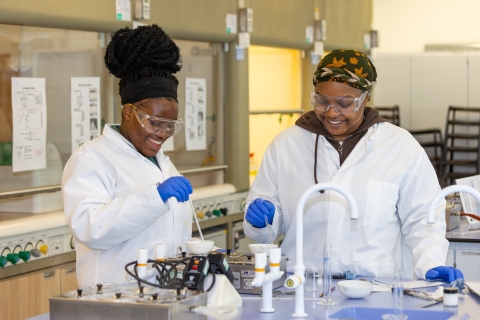
Other ways to gain experience
If you are keen to get experience but not necessarily in a laboratory setting, you might consider volunteering or placements as other ways to build your skills and gain some industry knowledge.
Enhance your prospects with hands-on experience through volunteering. Whether you're uncertain about your career path or aiming for professional success, volunteering offers a chance to explore diverse roles. Discover opportunities through the Volunteering Bank on MyCareer, listing roles like:
- STEM Ambassador Volunteer
- Brain Injury Sessional Worker Volunteer with Headway
Placements usually last between 6-12 months and can be taken as part of your degree programme. To learn more about completing a placement, you can contact the Placements team in the Careers & Employability Service
You can also find placements opportunities through:
Building work experience
Learn more about how we can support you in securing experience and translating the skills you gain to future applications.







